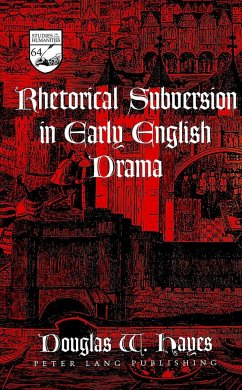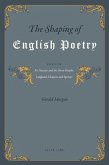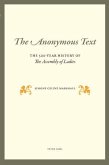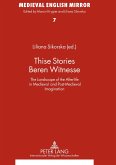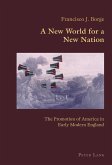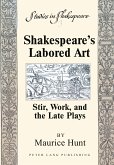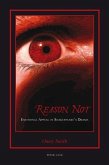This book centers on the uses and abuses of language in early English drama. It examines a number of plays alongside classical and sixteenth-century rhetorical treatises and focuses on the appearances of one stock character, the Vice figure, to determine how he uses language to dupe, implicate, and control others in the plays. The Vice figure is usually very skilled in the use of rhetoric and, in many cases, seems to be so persuasive and entertaining that the moral aims of the drama appear to be jeopardized. Douglas W. Hayes investigates the moral and rhetorical ambivalence of the Vice figure not only in Medieval morality plays and Tudor interludes, but also in the language of later characters related to the Vice such as Marlowe's Mephastophilis and Shakespeare's Falstaff and Iago.
"This brief but dense book is an important contribution to the study of the English moral play long considered - on the basis of very little evidence - to be a seminal influence on later English theatre. It goes a long way to 'unpack' the ambiguities of this genre and advances our understanding of its place and importance in English dramaturgical history. The author is clearly someone who has mastered the critical theory he is using rather than being a slave to it." (Alexandra F. Johnston, Fellow of the Royal Society of Canada; Director of Records of Early English Drama, University of Toronto)

